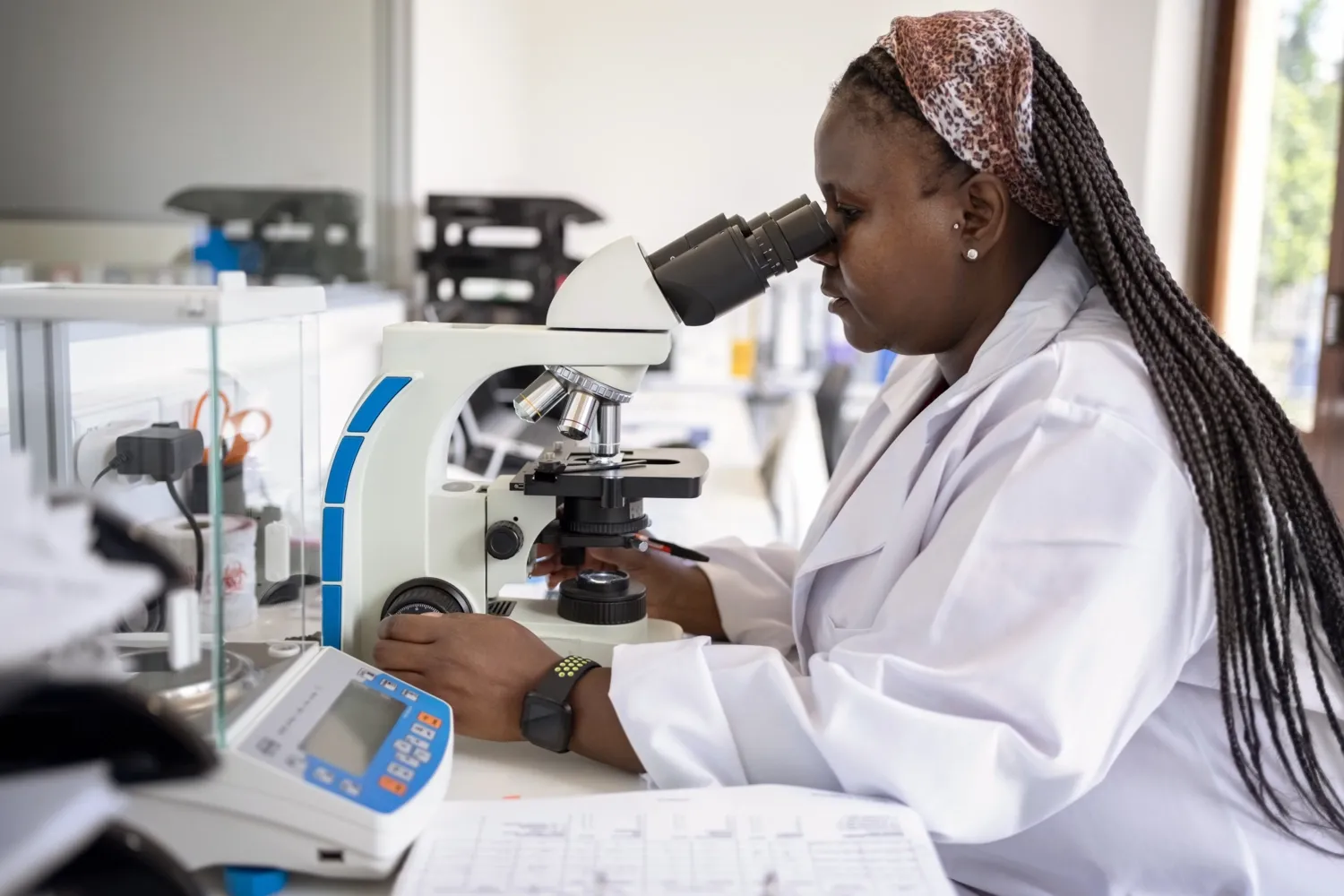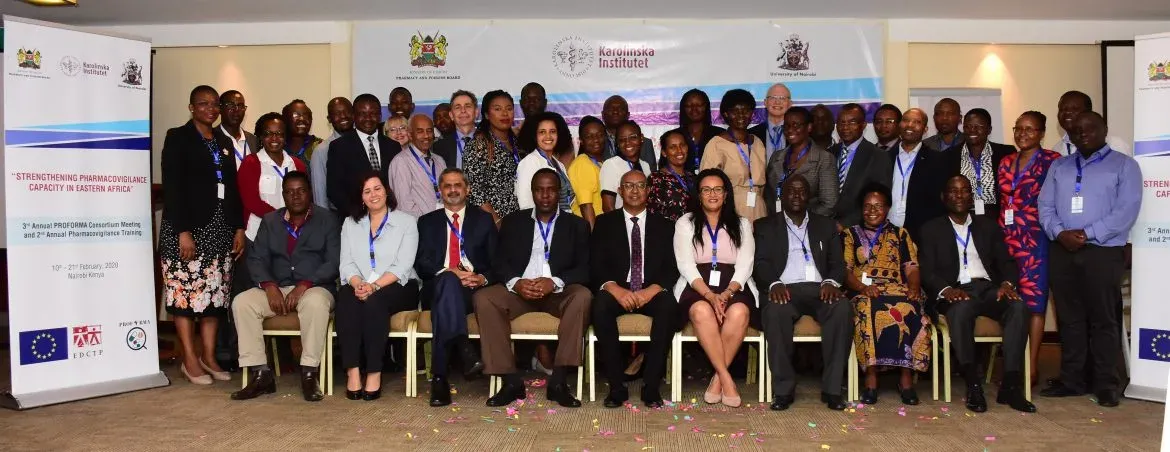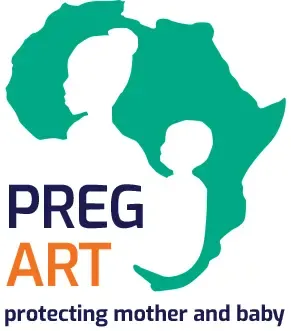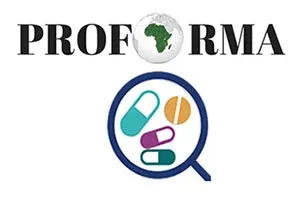Our research
Our research initiatives span a diverse range of diseases, ranging from communicable to non-communicable, with a commitment to optimizing treatment strategies and preventive measures. This includes major infectious diseases such as HIV/AIDS, tuberculosis, and malaria, as well as Neglected Tropical Diseases (NTDs) like schistosomiasis, lymphatic filariasis (elephantiasis), onchocerciasis (river blindness), and soil-transmitted helminths. We also extend our investigations to non-communicable diseases, including breast cancer chemotherapy, hospital-acquired infections, and antimicrobial resistance.

Our research dedication extends to advancing the field of clinical pharmacology, with a specific emphasis on understanding the complex interplay of genetic and non-genetic factors influencing treatment responses across diverse populations. We explore the impact of host-genetic factors, drug interactions, coinfections, comorbidities, and nutritional influences on both the safety and efficacy of therapeutic interventions. Our aim is to fill critical knowledge gaps and enhance the safety and efficacy of drug therapy.
Undertaking extensive population-based prospective patient cohort studies across various African countries, we carefully monitor these cohorts over extended treatment periods. This approach provides us with comprehensive insights into drug interactions and treatment outcomes, enhancing our understanding of factors influencing drug absorption, metabolism, and how drug response varies across diverse populations. Our goal is to contribute valuable information to optimize treatment strategies for various infectious diseases in the African context, ultimately leading to more effective and tailored healthcare interventions.




